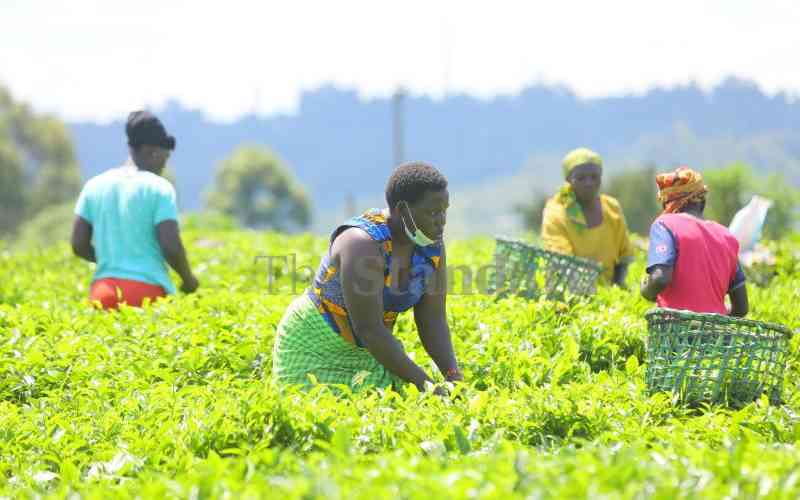×
The Standard e-Paper
Smart Minds Choose Us

The value of the Kenyan Shilling is expected to surpass 160 against the dollar, leading to further financial distress for consumers.
The shilling reached an unprecedented new low against the dollar on Friday last week due to a surge in demand for the greenback.